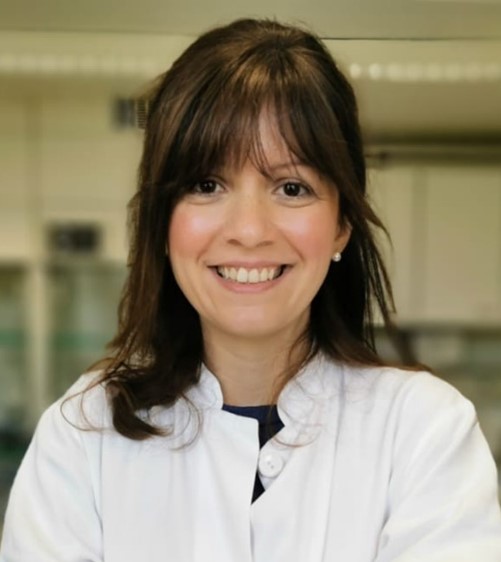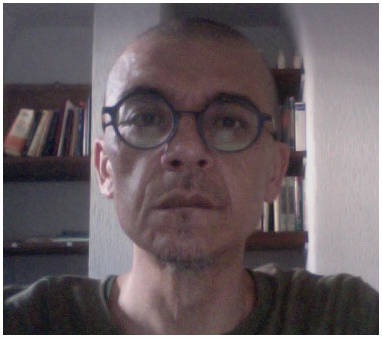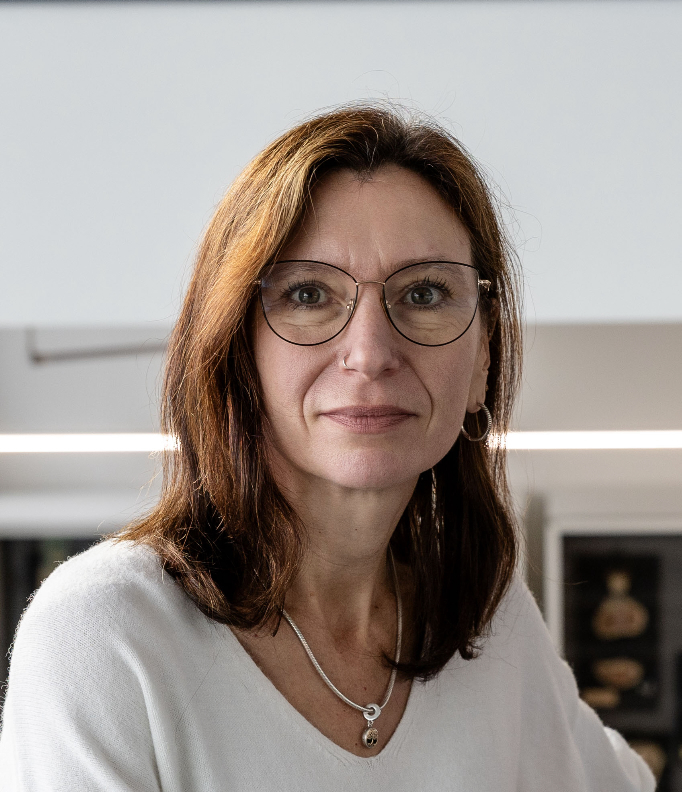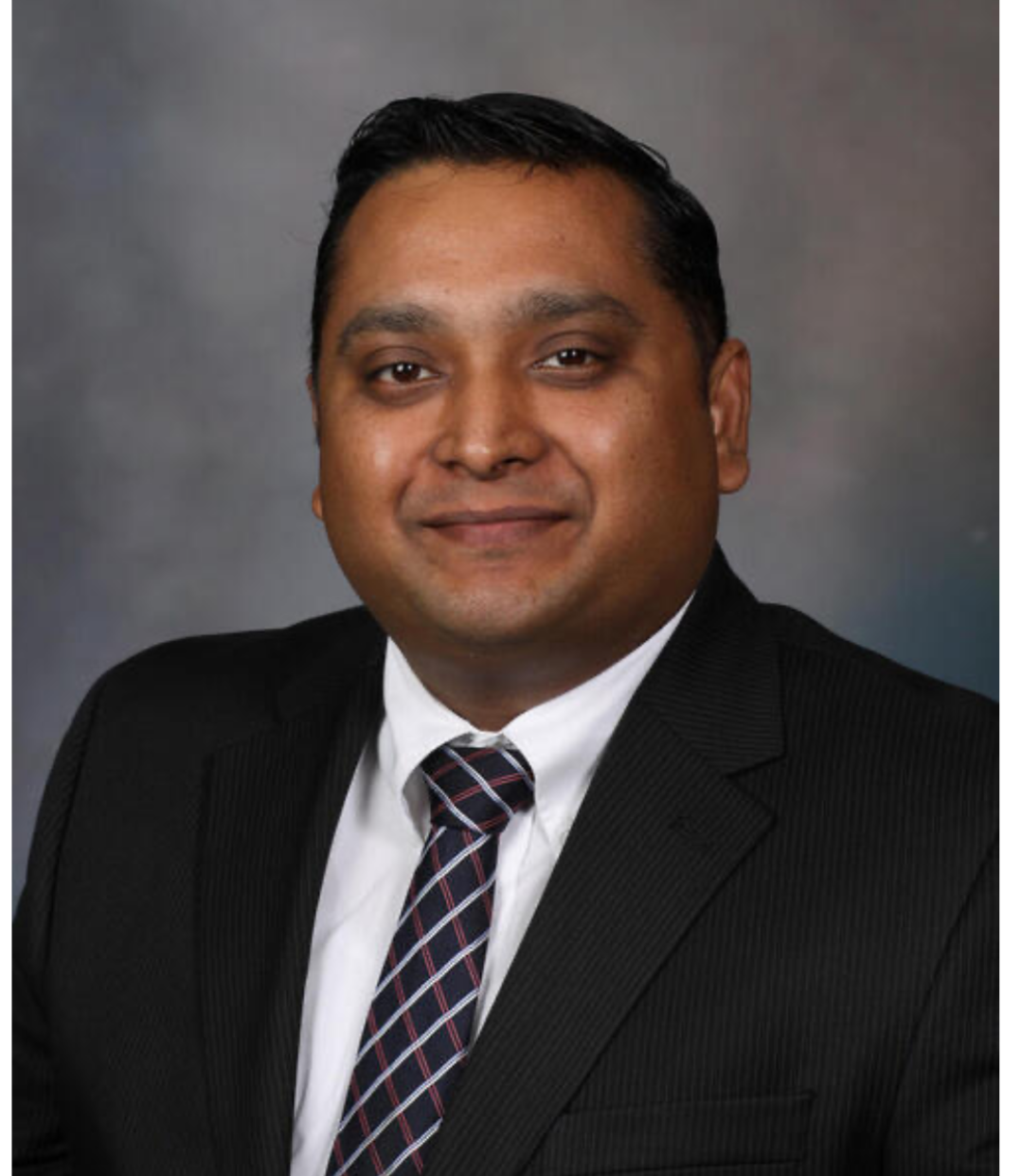Composition of the Scientific Board
- Ten to fourteen members, striving for demographic and geographical diversity
- Renewal of one third of the members every 2 years (i.e. each member will serve 6 years)
- Incoming BMA Meeting President
Missions and Tasks
- Scoring annual BMA meeting abstracts
- Selecting oral presentations
- Nominating awardees for prizes
- Publishing a meeting report
- Selecting the BMAS Paper of the Month
- Supporting the BMAS Summer School committee
Jason Horton is currently an assistant professor of Orthopedic Surgery, with joint appointments in Radiation Oncology and Cell & Developmental Biology at SUNY Upstate Medical University in Syracuse NY, USA. My laboratory studies the adverse consequences of cancer and cancer treatment on skeletal health, with particular interest in the pathophysiology of expansion in radiation-induced bone disease, which features rapid and profound expansion of marrow adipose tissue.
Associate Professor of Pathology at the Department of Molecular Medicine of Sapienza University of Rome. Long-standing interest and experience in biology, physiology, pathology and biotechnology of the skeletal tissues. Member of the Italian Division of the International Academy of Pathology (SIAPEC-IAP), the Bone Marrow Adiposity Society (BMAS), the Haematopathology Group of the SIAPEC-IAP and the Working Group on Nomenclature for the BMAS. Scientific co-organizer of the 3rd International Meeting on Bone Marrow Adiposity (Lausanne 2017). Current research interest mainly focused on pathogenetic mechanisms and therapeutic strategies in Fibrous Dysplasia of bone, development and analysis of bone-bone marrow organoids and biological and functional properties of normal and skeletal disease-derived human post-natal skeletal stem/progenitor cells. Department of Medicine, Stellenbosch University. Our research focuses on the biology of mesenchymal stem cells (MSCs) from fat and bone.
Aline Bozec, PhD is Professor in experimental immune therapy at the Medizinische Klinik 3-Rheumatologie und Immunologie (Department of Rheumatology and Immunology) of the University Hospital Erlangen (Germany). She is a member of ASBMR, ECTS, BMAS, ISBMS and Board member of ISBMS, ECTS and ASBMR. Her research group has a particular focus on the interplay between metabolism, bone homeostasis, and inflammation.
Primary research objective is to elucidate the cellular and molecular mechanisms that alter the bone marrow microenvironment under the influence of various disease conditions such as rheumatoid arthritis, osteoporosis, and cancer metastasis. By employing in vitro and in vivo gain- and loss-of-function murine models, the laboratory has uncovered crucial roles for the immune system in regulating the differentiation of bone cell types, including marrow adipocytes, osteoblasts and osteoclasts.

Stephanie Lucas
France
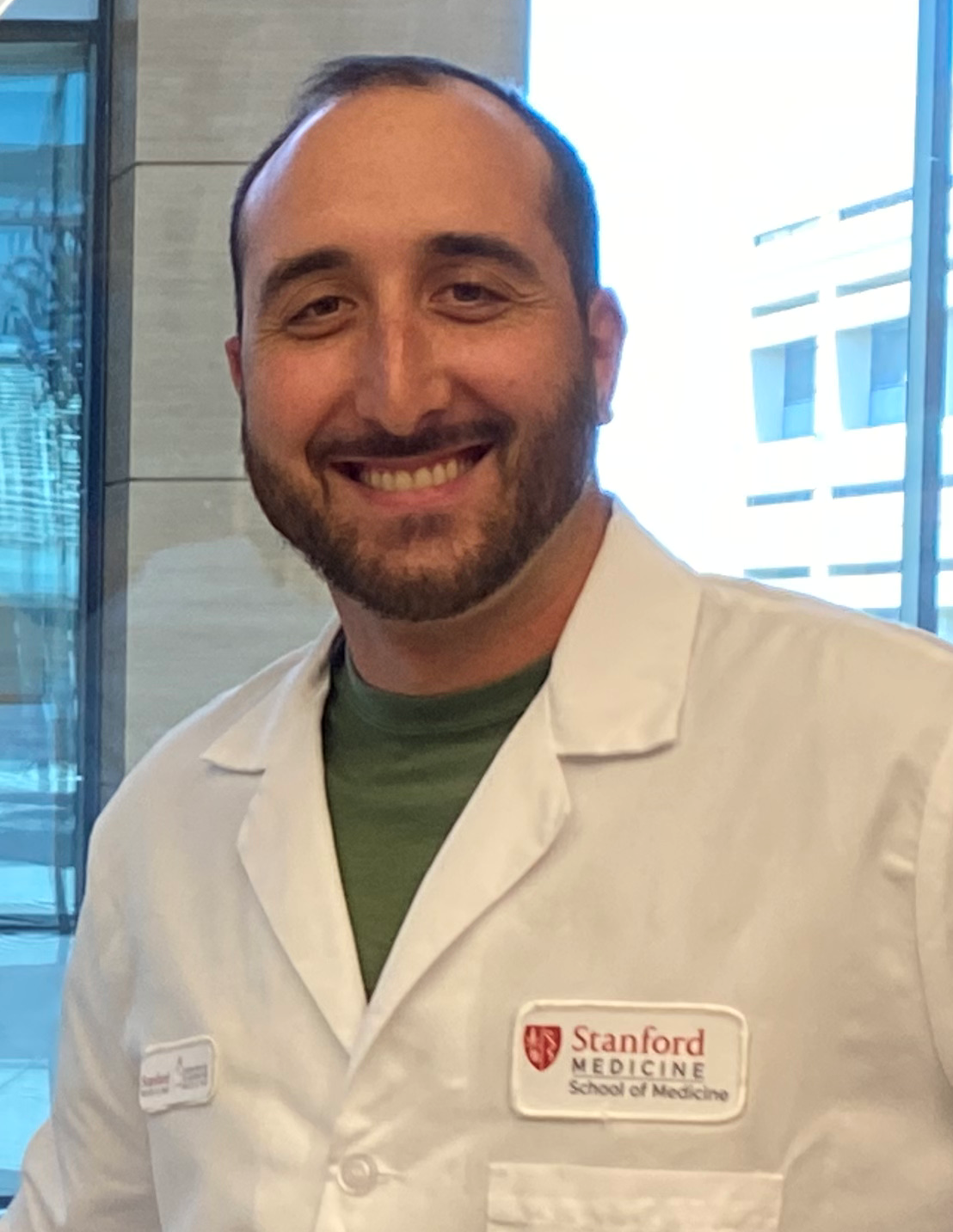
Thomas Ambrosi
USA
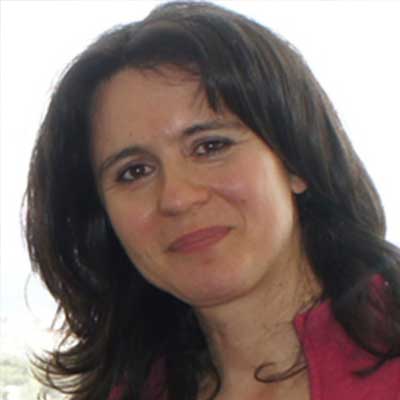
Eleni Douni
Greece
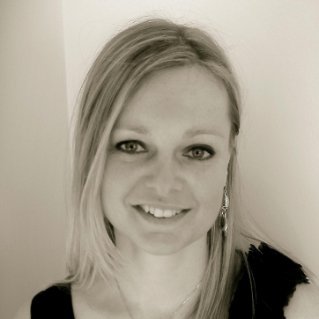
Michaela Tencerová
Czech Republic
Principal investigator in the Marrow Adiposity and Bone Laboratory (MABLAb, previously named PMOI) at ULCO university in France, with expertise in adipocyte physiology and bone biology. Member of the French Society of Mineralized Tissues, the BMAS with review editing for Frontiers in Endocrinology. Current research aims at characterizing the regulation by metabolic factors of bone marrow adipocyte functions in relationship to bone alterations in obesity and Type 2 Diabetes using differentiated human Mesenchymal Stromal Cells, mouse models and clinical biopsies from patients.
Assistant Professor in Orthopaedic Surgery at University of California Davis. His lab aims to delineate skeletal stem cell (SSC) diversity and niche composition in mice and humans to eventually identify novel molecular targets of endogenous stem cell communication, specifically between skeletal (adipogenic) and hematopoietic lineages. Thomas holds a German engineering diploma from Technical University Berlin and a master’s degree in Bioengineering from Dongseo University, South Korea. During his undergraduate studies at the Julius-Wolff-Institute for Biomechanics and Musculoskeletal Regeneration, Charité Berlin, he examined the effect of mechanical stimuli on lineage decisions of bone-resident stem cells. Thomas’ research in the lab of Dr. Tim J. Schulz earned him a Ph.D. from the University of Potsdam, Germany by delineating the developmental origin and function of bone marrow adipose tissue. Initially supported by a two-year postdoctoral scholarship from the German Research Foundation, he conducted his postdoctoral training in the lab of Dr. Charles Chan at Stanford University where he later received a prestigious National Institute on Aging K99/R00 Award to study skeletal stem cell biology with focus on aging.
Associate Professor at the Department of Biotechnology of the Agricultural University of Athens and Associate Researcher at Biomedical Sciences Research Center “Alexander Fleming”, with expertise in Mouse Genetics and Modeling through Forward and Reverse Genetics approaches. Current research interests are focused on the mechanistic basis of bone marrow adipocyte formation in osteoporosis mouse models.
Further details can be found here
Michaela Tencerova is a Principal Investigator at the Institute of Physiology (IPHYS) of the Czech Academy of Sciences in Prague. Through two abroad Postdoctoral trainings (UMASS Medical School, USA; SDU, Odense, Denmark) she moved her research interest from immunometabolism in obesity and diabetes to studying bone marrow adiposity and interactions between bone and stem cells metabolism in relation to metabolic diseases. Her lab is focused on studying the role of bone marrow adiposity in the regulation of bone and whole-body metabolism. She is a member of Scientific board of the Bone Marrow Adiposity Society (BMAS), ECTS Basic science committee, Committee of Women in Bone and Mineral Research in the ASBMR. She has obtained several young investigator awards and international and national grants.

Gustavo Duque
Canada
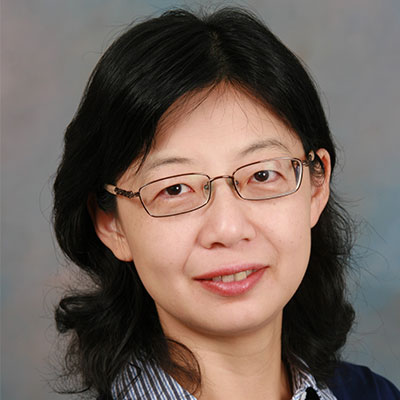
Ling Qin
USA
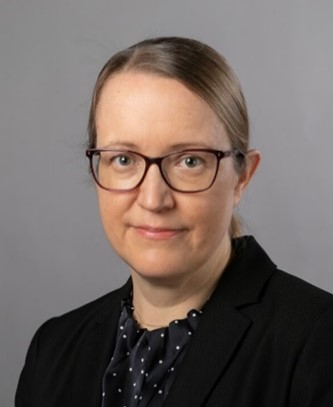
Kaisa Ivaska
Finland
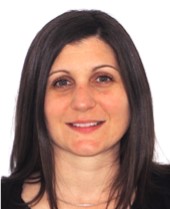
Camille Attané
France
Gustavo Duque MD, Ph.D., FRACP, FGSA, is a geriatrician and a clinical and biomedical researcher with a particular interest in the mechanisms and treatment of osteoporosis, sarcopenia, and frailty in older persons. His initial training included Internal Medicine at Javeriana University (Colombia) and Geriatric Medicine, which he completed at McGill University in Montreal (Canada). Subsequently, he obtained his Ph.D. at McGill University in 2003 with a thesis entitled ‘Molecular Changes of the Aging Osteoblast’ under the supervision of Dr. Richard Kremer. Prof. Duque’s primary research interests include elucidating the mechanisms and potential new treatments for age-related bone loss, osteoporosis, sarcopenia, osteosarcopenia, and frailty. He is also looking at the effect of vitamin D, exercise, and proteins on bone and muscle mass. He is the Dr. Joseph Kaufmann Chair in Geriatric Medicine, Director of the Center for Research Excellence for Sustainable Health for Seniors at McGill University, and investigator at the McGill University Health Centre Research Institute. He is the author of more than 280 peer-reviewed articles and multiple book chapters and has edited five books in the aging and musculoskeletal fields (two on osteosarcopenia).
Principal investigator at the Institute of Biomedicine, University of Turku, with expertise on bone turnover, bone markers and marrow metabolism. Current research focuses on the crosstalk between bone cells and bone marrow adipocytes, with special interest in the role of bone-derived factors and the use of PET imaging to assess marrow adiposity.
Research Associate at the Institute of Pharmacology and Structural Biology in Toulouse (France) in Catherine Muller’s lab (Microenvironment, Cancer and Adipocytes) with expertise in metabolism, adipocyte biology and cancer. Current research focuses on studying the role and the nature of the metabolic crosstalk between prostate cancer cells and bone marrow adipocytes in bone metastasis outgrowth. Member of the biobanking working group of the Bone Marrow Adiposity Society.
Jason Horton is currently an assistant professor of Orthopedic Surgery, with joint appointments in Radiation Oncology and Cell & Developmental Biology at SUNY Upstate Medical University in Syracuse NY, USA. My laboratory studies the adverse consequences of cancer and cancer treatment on skeletal health, with particular interest in the pathophysiology of expansion in radiation-induced bone disease, which features rapid and profound expansion of marrow adipose tissue.
Abhishek Chandra, PhD is Associate Professor of Physiology at the Department of Physiology and Biomedical Engineering with joint appointments at Department of Internal Medicine, Section of Geriatrics and Robert Arlene & Kogod Center on Aging, Mayo Clinic. Abhishek holds a masters in biochemistry from India, and a PhD in Medical Sciences from Hamamatsu University School of Medicine, Japan. Abhishek then completed a post-doc at Rutgers-UMDNJ in USA, and then a second post-doc at Penn Center for Musculoskeletal Disorder, University of Pennsylvania. He is member of ASBMR, ORS and BMAS, serves on editorial board of reputed journals such as Mechanism of Ageing and Development and Journal of Orthopedic Surgery and Research. The long-term research interest of my lab includes mechanisms of aging, pathophysiology of skeletal aging and mechanistic determination of acute and chronic bone loss, with expertise in cellular senescence, DNA damage and cell fate commitment of mesenchymal lineage cells into bone marrow adipocytes during pathological conditions. Clinical goals include, providing therapeutic options for prevention of fractures from radiotherapy-induced osteoporosis.

